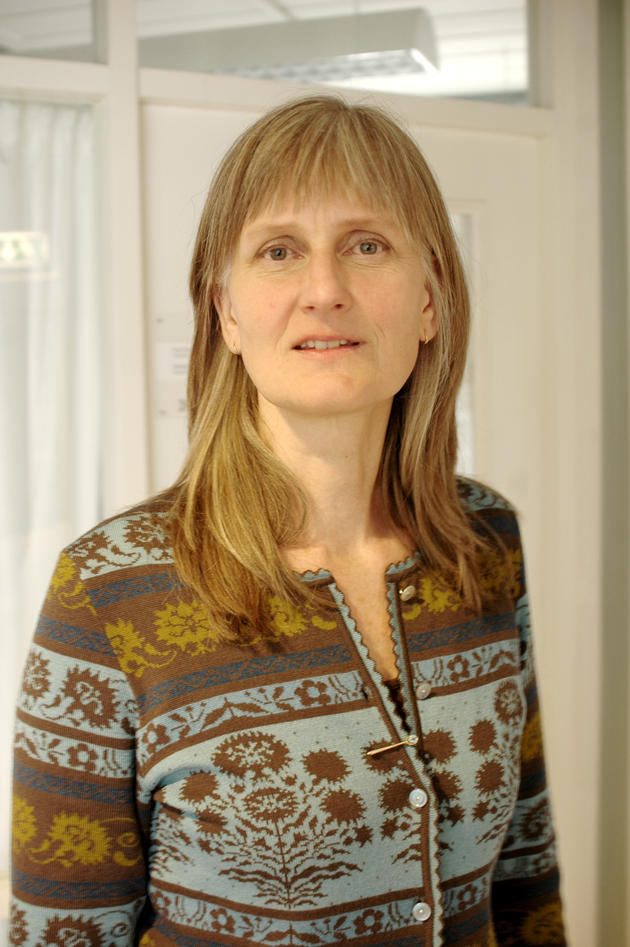Duration of pregnancy decisive for breast cancer risk
Each child born before a woman is 28 years old reduces her risk of breast cancer by 8 per cent. The protection starts in week 34 when the breasts are given signals to begin producing milk.

Main content
It is well documented that the best protection against breast cancer amongst women is to have children. Now, researchers at the University in Bergen (Norway) and Statens Serum Institut (Denmark) have discovered the exact moment for triggering this protection, namely in week 34 of the pregnancy.
“We think it has something to do with the signals the pregnancy sends to the breasts, telling them to start producing milk,” says Professor Nina Øyen at the Department of Global Public Health and Primary Care, University of Bergen. She has done research in a study led by Mads Melbye at Statens Serum Institut in Denmark.
The study is published in Nature Communications.
Younger women have best protection
In the study, the researchers discovered that if a woman has children before she turns 28, the risk of breast cancer drops with 8 per cent, per child. If, however, she becomes pregnant after 28, the protection is insignificant.
The researchers also discovered that women who give birth within the first 33 weeks of pregnancy do not develop any protection against breast cancer. However, if the pregnancy lasts for 34 weeks or more, the women get a life long protection against breast cancer.
The results from Norway and Denmark show exactly the same tendency. The study shows that the protective effect is independent of socio-economic factors, or whether the children were stillborn or alive at birth. It is the length of pregnancy that is the decisive factor.
“We now know where and when to look for the protecting factors during pregnancy. This gives us the possibility of discovering the mechanisms behind this process and to thereby understand the protection it gives against breast cancer,” Øyen says.
A pill against breast cancer
The researchers believe that the results are highly significant for treating breast cancer.
“If we can point out which pheromones trigger the protection, we can possibly develop medication that will be able to protect women against breast cancer,” says Mads Melbye.
